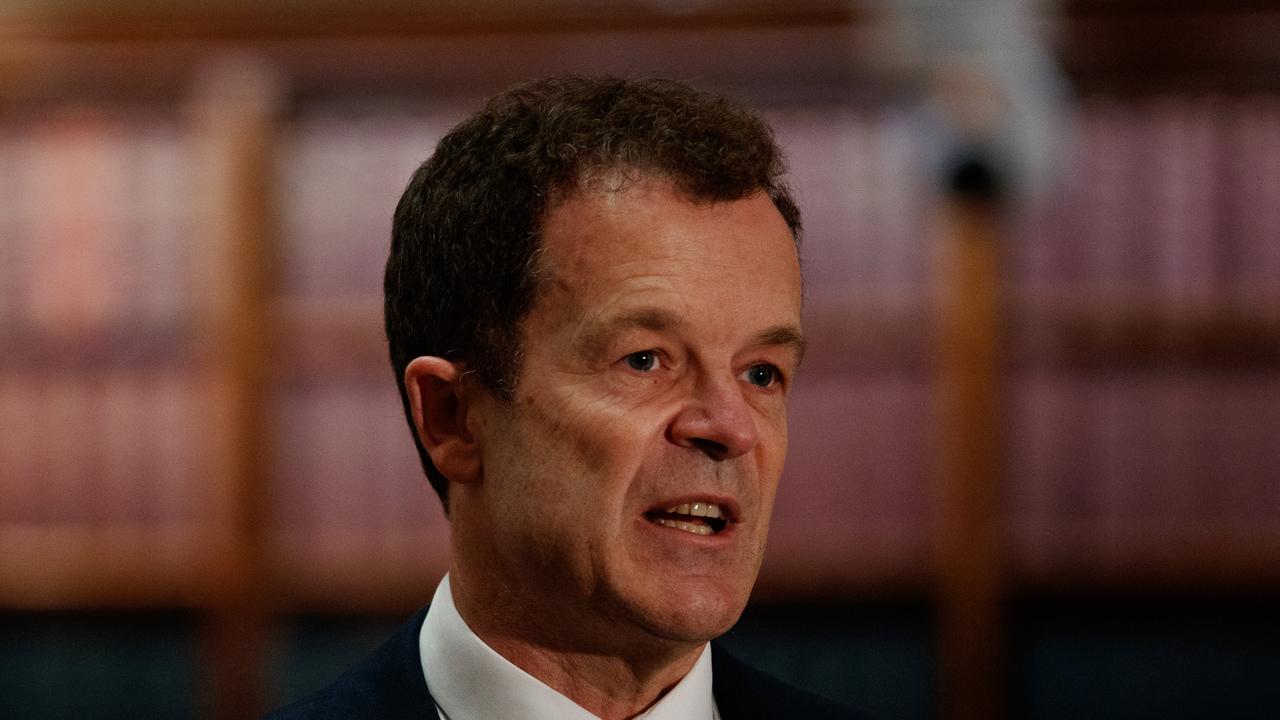State government ministers’ 2024 report card: the good, the bad and the invisible
The Minns government gets a B- overall in its end-of-year report, writes State Political Editor James O’Doherty, but how did each minister do? Read our rankings ... and see who got an F.
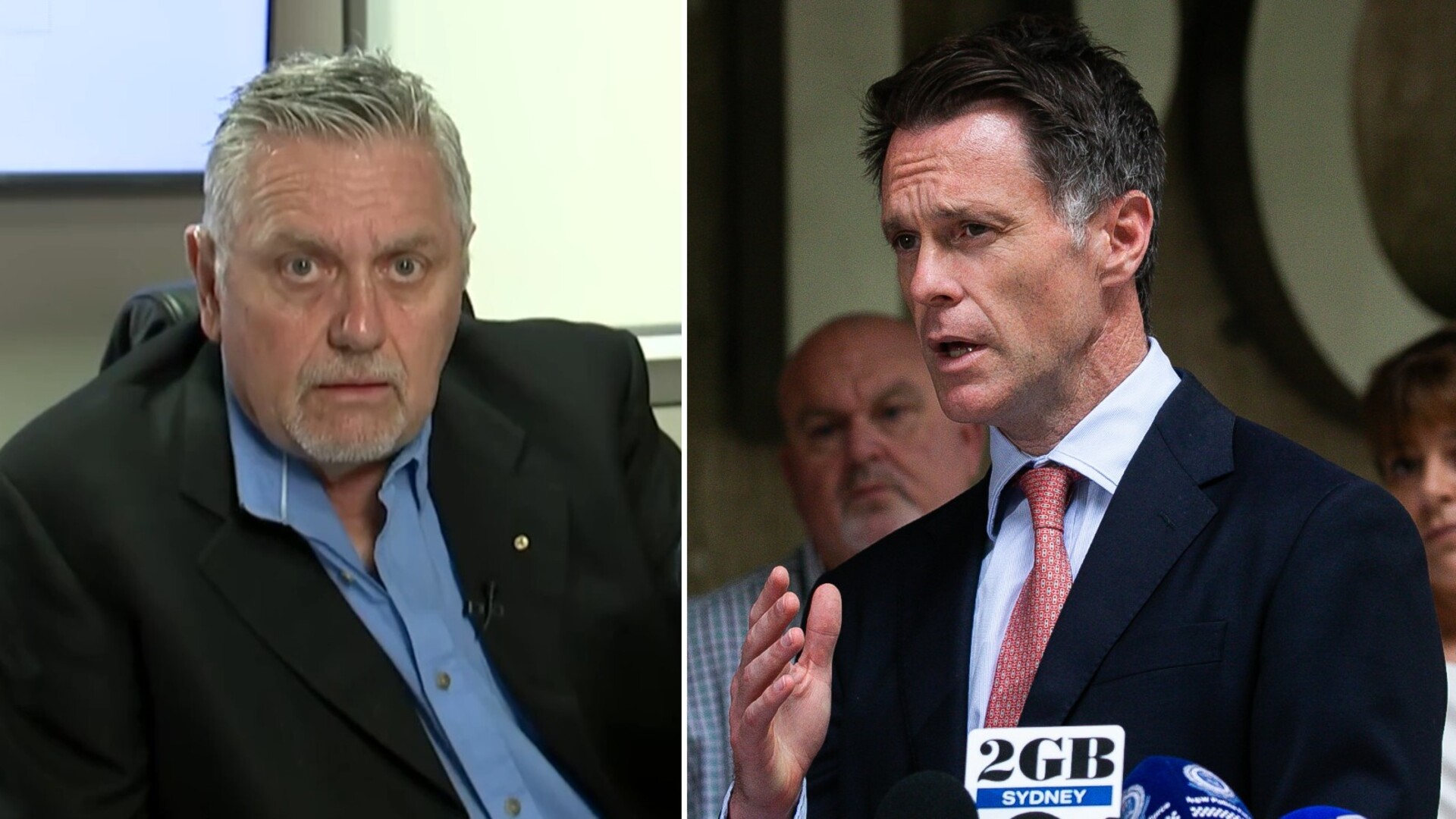
NSW
Don't miss out on the headlines from NSW. Followed categories will be added to My News.
The Minns government is limping to the finish line this year, with the rail union threatening to hold the city to ransom demanding higher pay.
But how have government ministers performed overall this year?
Premier Chris Minns: B+
Chris Minns has recently taken up hot saunas and ice baths, a practice that enthusiasts say increases energy and improves clarity.
The ice baths are perhaps fitting for a Premier that in 2024 was given a cold shower by reality, as housing approvals went backwards and unions started lining up for their pound of flesh.
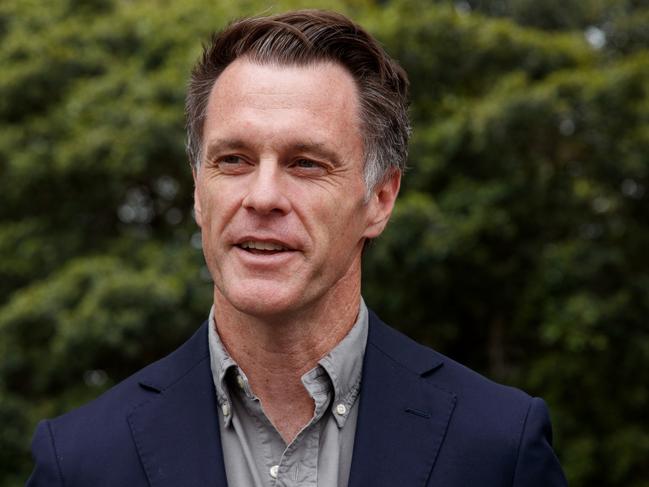
Approaching the midpoint of his first term, Minns is already starting to think about his strategy for 2027.
The message will largely be: it’s still broken, so don’t change until we fix it. Don’t expect much to change: reducing debt and stabilising the budget, rebuilding essential services by paying frontline workers more, and fixing the housing crisis by overhauling the planning system.
With sound political judgment, Minns usually makes the right calls — from the small stuff (killing off a plan to police premixed alcohol based on taste), to the big issues (strongly calling out a surge in anti-Semitism and pushing changes to keep alleged violent domestic abusers behind bars).
He also gets kudos for moving to force public servants back to the office.
The Premier is still carrying the NSW government largely on his own shoulders.
How long can that last?
Deputy Premier and Education Minister Prue Car: B
Prue Car promised to tackle bullying in schools, in response to The Sunday Telegraph’s Charlotte’s Wish documentary, and overhauled the curriculum to ensure that kids learn about crucial parts of the world’s history, including the Holocaust.
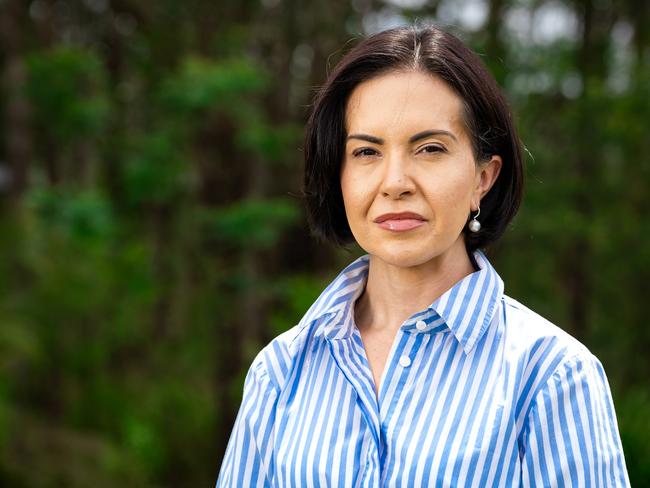
The massive pay rise for teachers last year is having an impact — teacher vacancies have fallen to their lowest level in three years.
But that’s been paid for by cuts elsewhere in the department. Car needs to make sure this does not harm student outcomes.
Energy and Environment Minister Penny Sharpe: B
As Energy Minister, Penny Sharpe finalised a deal to extend the life of the Eraring coal-fired power station, but she still has not ended a standoff with landowners over high-voltage renewable energy transmission lines.
Broken Hill residents were let down when government-owned Essential Energy’s infrastructure failed, and Sharpe was forced to ask families to avoid using their dishwashers when coal-fired generators were offline in late November.
The Left faction’s most trusted figure, she held the government’s agenda together in a difficult upper house.
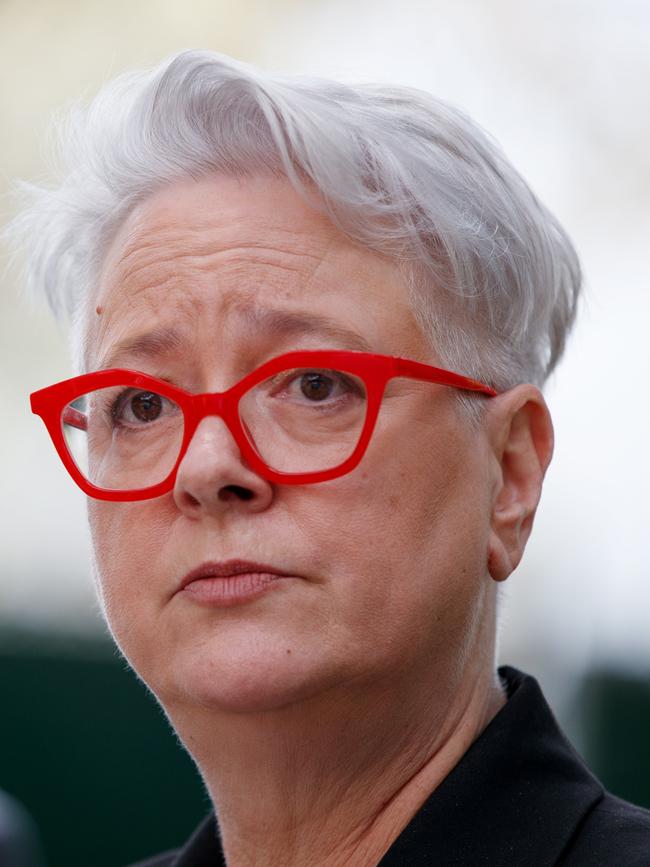
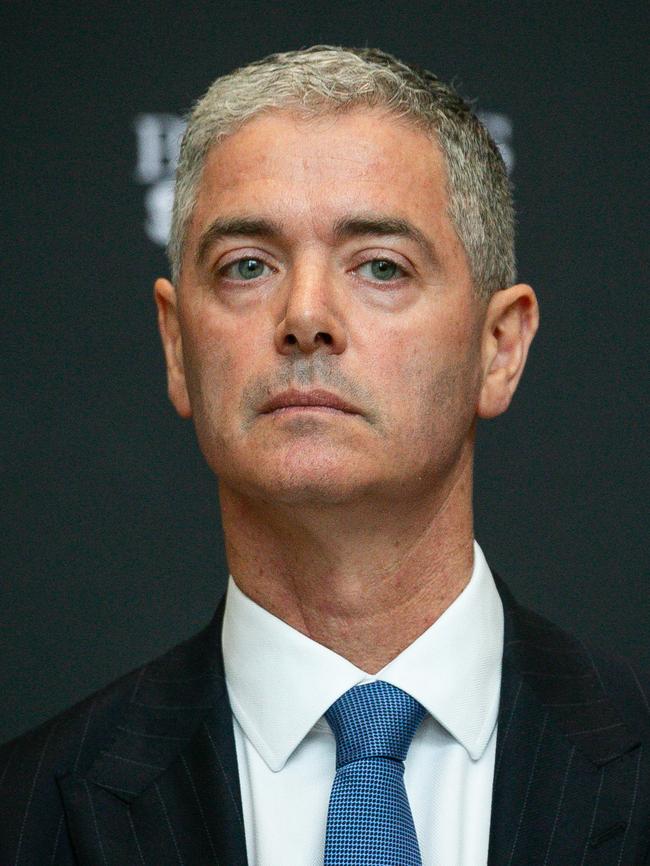
Roads and Night-time Economy Minister John Graham: B
Motorists got more than $74 million back in their pocket thanks to the Minns government’s $60 weekly toll cap this year, but Roads Minister John Graham has failed to make meaningful change to the state’s toll network.
Graham has promised to overhaul the system to give drivers in Sydney’s west a better deal, but this is easier said than done.
Graham gets a big tick for adding the Sydney Marathon to the list of World Majors, and for cracking down on French nationals colluding to rort the demerit point system.
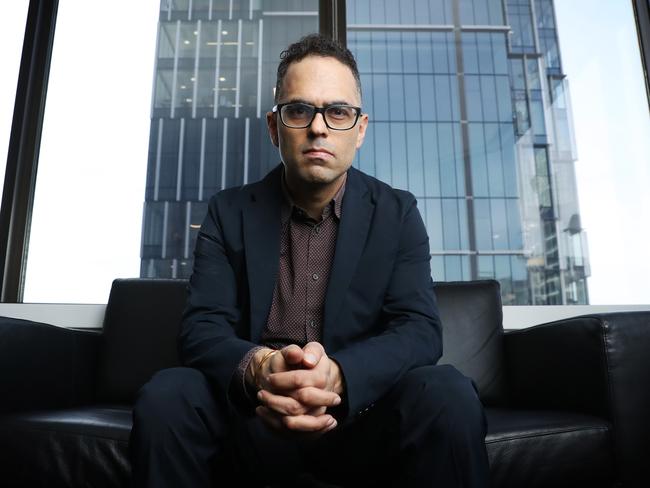
Treasurer Daniel Mookhey: B+
The Treasurer was given a stark warning by a top ratings agency last month, when S&P downgraded NSW’s economic outlook from “stable” to “negative”.
They warned that big union pay deals were a “growing risk” that could blow out spending.
Cuts to NSW’s GST share put extra pressure on the budget but that’s not the only story.
The half-year budget update revealed this year’s deficit has blown out again, to $5 billion.
Mookhey has held the line with unions, refusing to give them extra cash unless they can find savings to pay for higher wages.
Health Minister Ryan Park: C+
This year, the Health Minister wanted everyone to know that if they were kept waiting ages in overcrowded emergency departments, it was all the Commonwealth government’s fault.
Ryan Park has squarely blamed GP shortages for long ED queues, pointing to recent data which showed a quarter of people who went to hospital were only there because they could not get a doctor’s appointment.
Park heads into 2025 with a massive wage dispute hanging over his head, as nurses and midwives demand a pay rise.
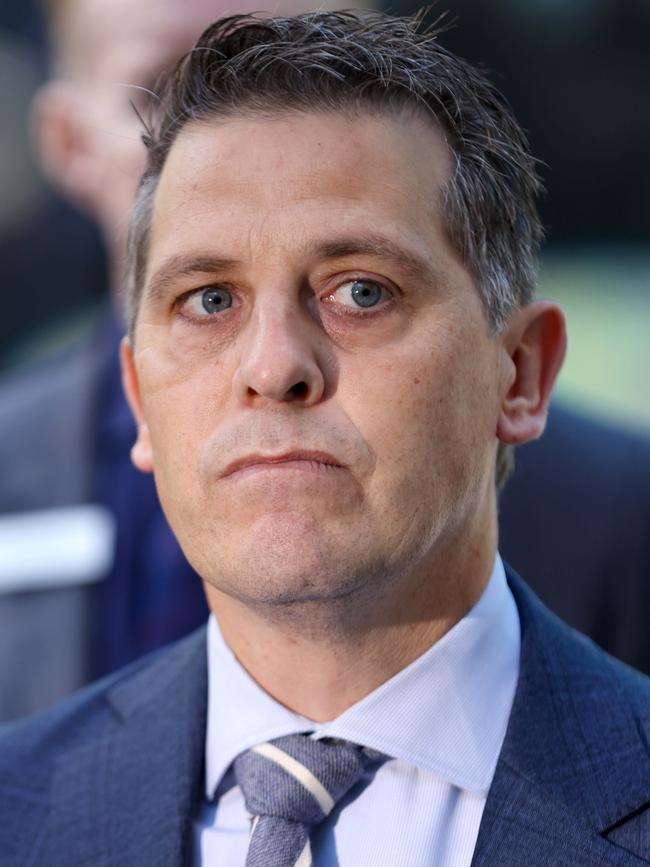
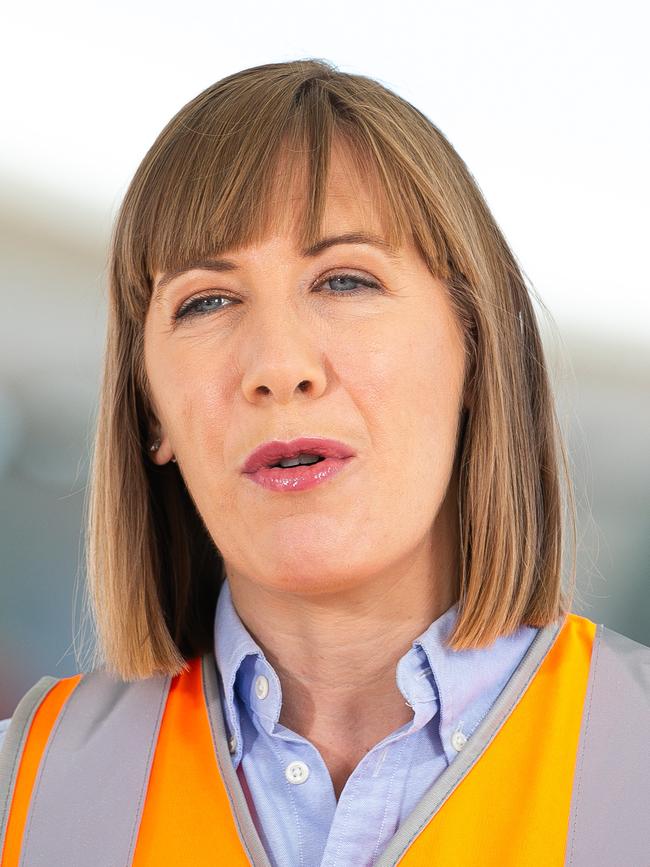
Transport Minister Jo Haylen: C
Happier cutting ribbons on Coalition projects than engaging with rail unions demanding a 32 per cent pay boost, Transport Minister Jo Haylen was bailed out by her boss when Premier Chris Minns stepped in to prevent the network grinding to a halt.
She has made inroads on addressing a shortage of bus drivers, and completed a “rail repair plan” to fix a backlog of issues on the train network.
She finally got a $4 billion fleet of intercity trains out of mothballs, but ongoing industrial action from rail networks could see them stuck in the rail yard.
Planning Minister Paul Scully: C
There are mumblings in government ranks that the Premier is not entirely happy with the speed at which Paul Scully is fixing the planning system.
In 2024, Scully had Theodore Roosevelt’s advice to “speak softly and carry a big stick” reversed; he loudly warned recalcitrant councils that they would face penalties, without putting any stick on the table.
Developers hope a new housing troika which will tick or flick major proposals and bypass councils will be the “stick” getting housing moving.
The Planning Department is notorious in government for being impenetrable; Scully needs to whip it into shape next year.
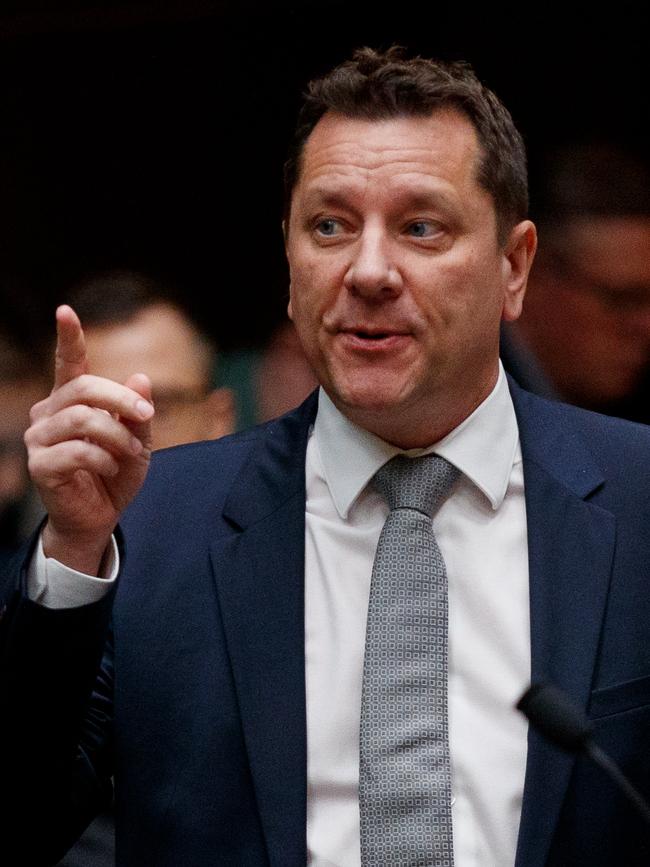
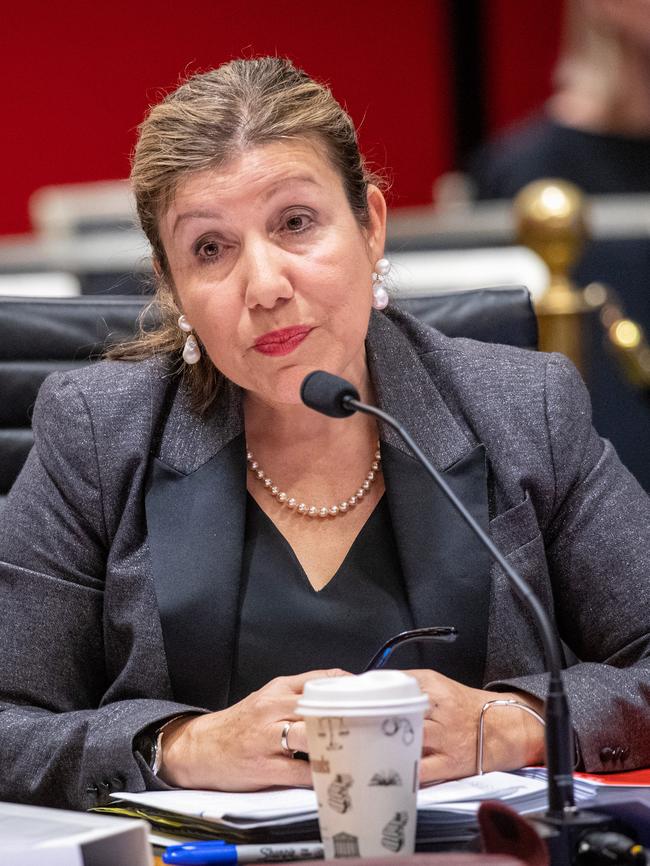
Industrial Relations, and Work, Health and Safety Minister Sophie Cotsis: C-
If the Industrial Relations Minister’s job this year was to manage the government’s relationship with the unions, Sophie Cotsis does not have much to crow about.
Cotsis is well liked, including in the union movement, but colleagues are unsure about what she is actually doing.
Apparently Cotsis does a lot of quiet background work before wage deals are finalised, and she’s passed a lot of legislation — including a new IR court to give binding decisions.
Police Minister Yasmin Catley: C+
A massive pay rise for NSW Police to stem the bleeding of senior officers from the force and encourage more to join is Yasmin Catley’s biggest achievement this year.
Police shortages are still crippling commands, but Catley argues that payments for recruits to study at Goulburn are having an impact in getting more constables on the beat. The pay rise will help too.
However, she should never have accepted a bottle of gin from Police Commissioner Karen Webb.
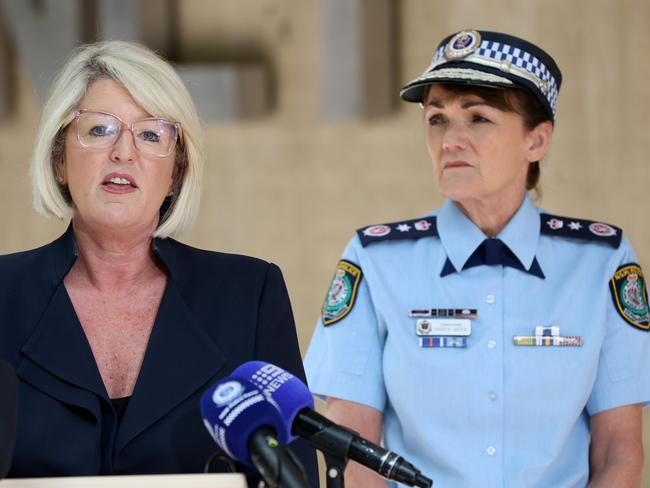
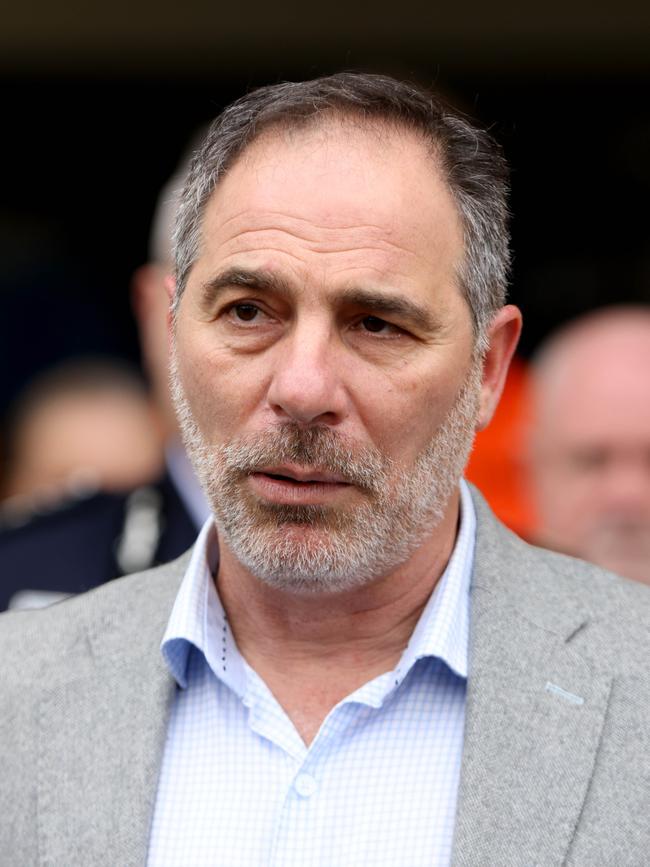
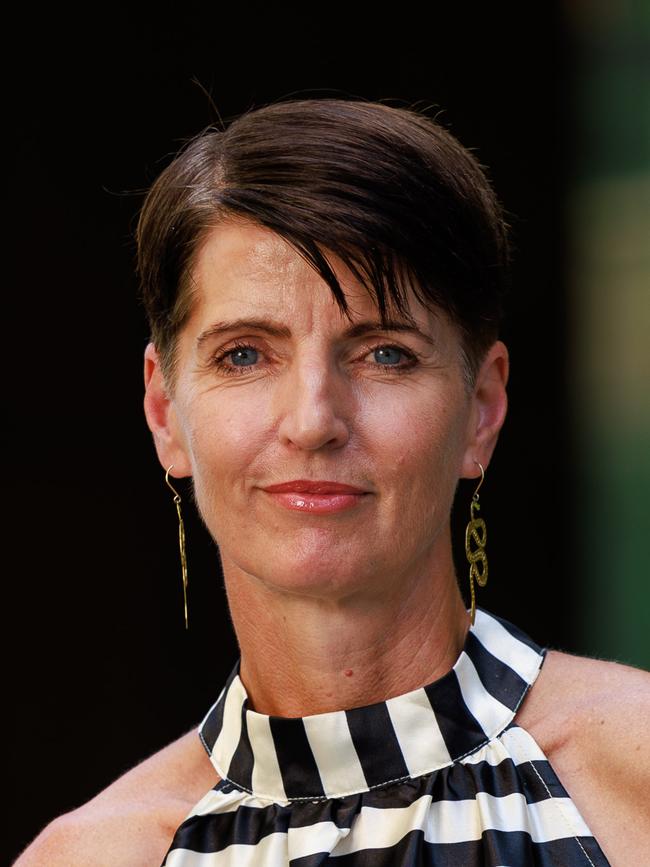
Customer Service and Emergency Services Minister Jihad Dib: C-
Without ServiceNSW, the entire NSW government would probably collapse.
Customer Service Minister Jihad Dib has done an adequate job in the portfolio, but he does not share the same vocal advocacy for the role as former Minister Victor Dominello.
Cuts to ServiceNSW to trim a bloated bureaucracy are starting to bite, with the agency wrongfully chasing small businesses for money they never applied for or received.
Families and Disability Inclusion Minister Kate Washington: C
In a portfolio where the statistics are grim and seem to never get any better, Kate Washington has – to her credit – made some inroads.
The number of kids put in hotels because they had nowhere else to go is down 81 per cent in the last 12 months, and caseworkers got a pay rise to stop them leaving the system. Things are by no means good (in 2023 almost a quarter of children who died in NSW were known to authorities), but there have been quiet achievements.
Attorney-General Michael Daley: B-
After multiple bail fails let down victims of crime, Daley changed the rules to keep alleged violent domestic abusers behind bars or force them to wear ankle bracelets if they are bailed.
He also cracked down on climate protesters blocking train lines, and passed a NSW version of “Jack’s Law” making it easier for cops to find knives in public places.
The legislation Daley passed this year reads like laws the Coalition should have legislated years ago.
Agriculture and Regional NSW Minister Tara Moriarty: C
Moriarty’s best-known achievement was banning puppy farms, to appease the Animal Justice Party.
She waged war on feral pigs, with 124,000 “controlled” since October last year.
But aggressive red imported fire ants have breached the border from Queensland and are threatening to wreak havoc in northern NSW.
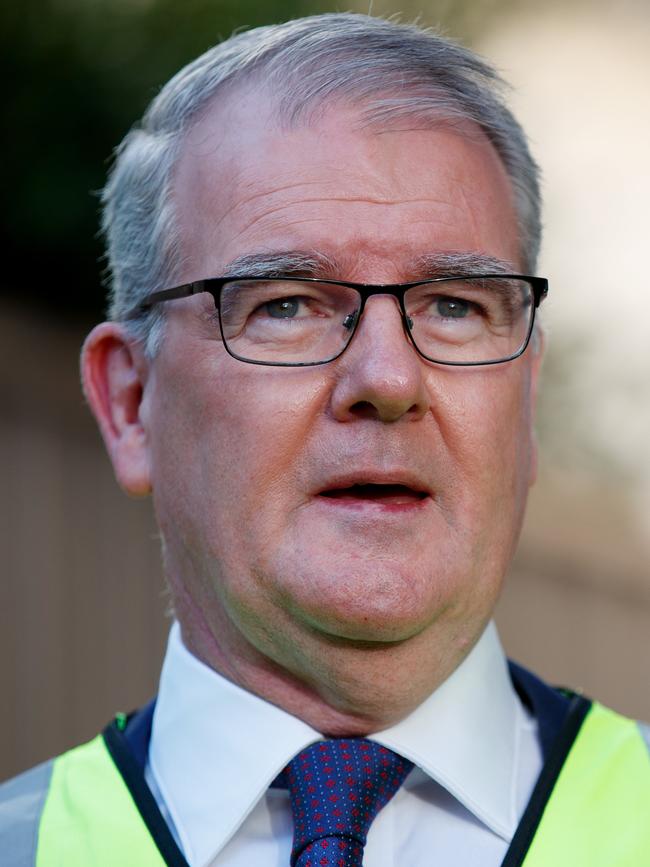
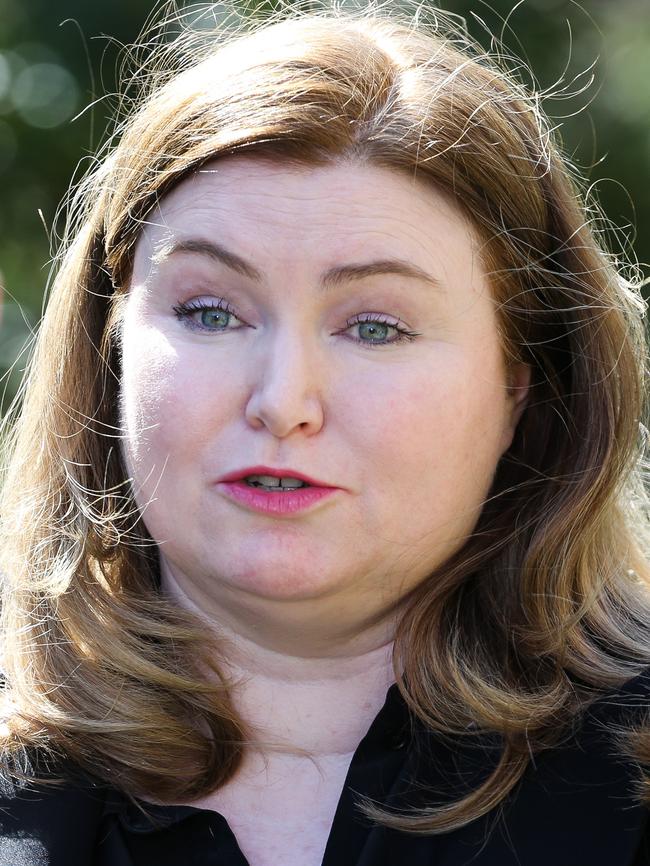
Local Government Minister Ron Hoenig: F
Ron Hoenig threatened to sack Liverpool councillors and suspend elections while a public inquiry probed allegations of maladministration, only to be forced into a backdown.
As the government’s Leader of the House, Hoenig also copped grief for forcing parliament to sit on Friday, after initially proposing a threadbare sitting schedule.
Perhaps Hoenig was too focused on his social media “Ron-tent” this year, including posting cringe-worthy TikTok videos in breach of the rules.
Finance and Natural Resources Minister Courtney Houssos: B+
In 2024, Courtney Houssos went to war on councils issuing sneaky ticketless parking fines and moved to assure miners that the NSW Government has got their back.
Her challenge for next year? Getting the new Queensland government to pay more than $100 million in hotel quarantine bills.
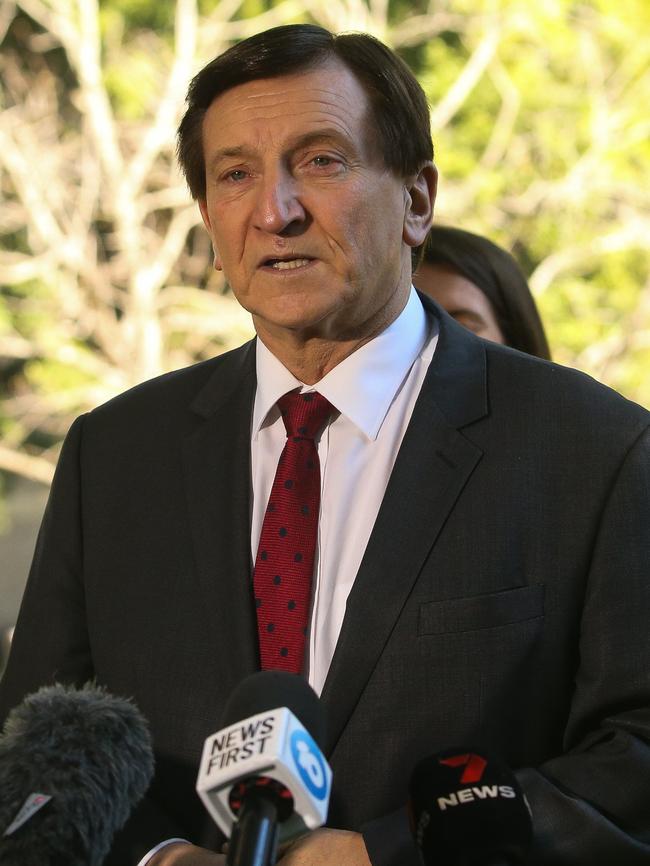
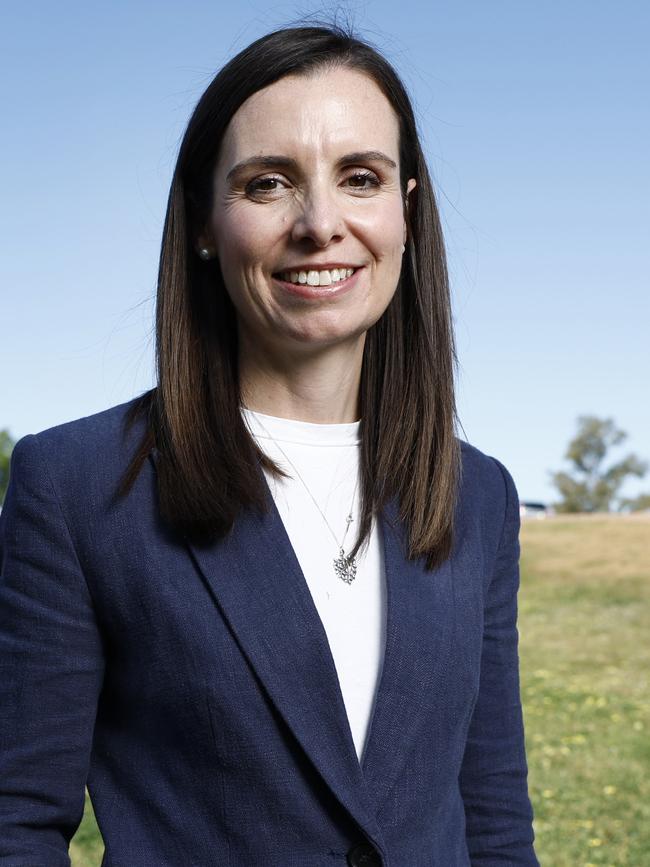
Small Business, Crown Lands, Multiculturalism and Sport Minister Steve Kamper: B
The multiculturalism portfolio is always a hard task, and one made almost impossible this year.
Kamper largely managed to keep faith groups together after the Wakeley church stabbing and subsequent riot.
He’s also done a lot of work with the Faith Affairs Council on condemning rising anti-Semitism.
Kamper had a successful trip to Las Vegas for the NRL opener, keeping costs down and returning with grand plans to put a roof over Accor Stadium, but also introduced a new tax on dying with extra fees for burials or cremation.
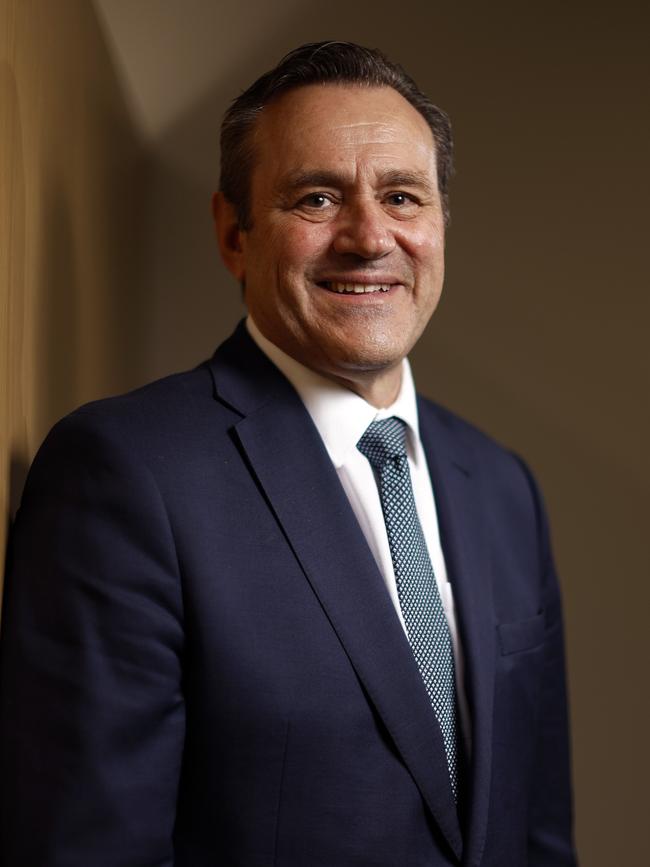
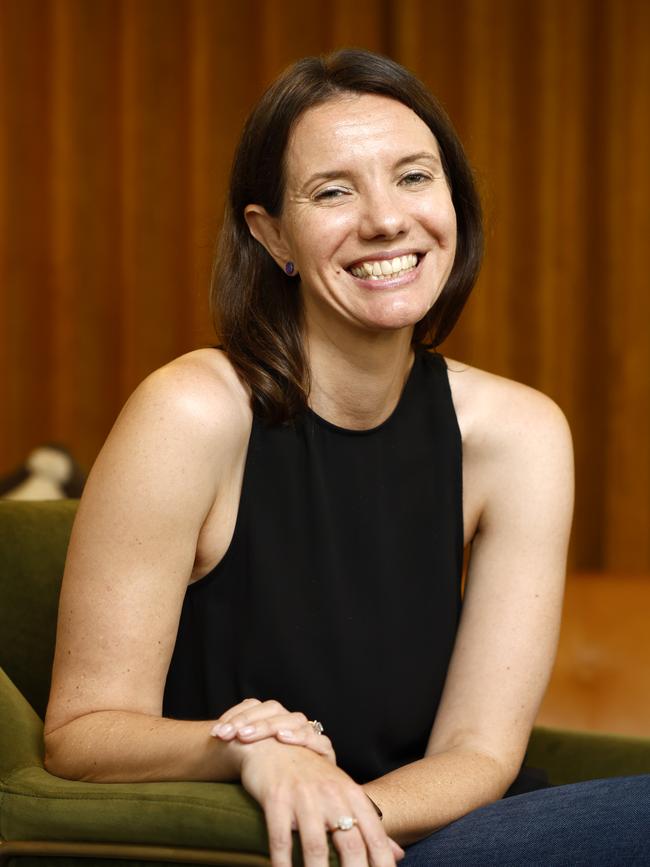
Housing, Water, Mental Health and Youth Minister Rose Jackson: B-
Securing a record $6.6 billion for new social housing and homelessness services in the NSW budget was a big win for Rose Jackson, and she was front and centre in a campaign against bullying in schools.
But Jackson’s brain fade when she said that it was possible to find a two-bedroom rental apartment for “a couple of hundred bucks” in Sydney was a major blunder.
She copped to her mistake, pointing out that she has a history of getting flustered in front of the mic, like on the ABC’s Q&A when she thought a “Pavlovian response” was a reference to dessert.
Better Regulation, Trade, Building and Corrections Minister Anoulack Chanthivong: D-
Anoulack Chanthivong went from bad to worse in handling the crucial Trade portfolio in 2024.
In September, the beleaguered minister turned up to budget estimates without a copy of the actual budget.
In Chanthivong’s other mismatched portfolios, he finally got a long-promised bill on renters rights through parliament, but he cannot claim all of the credit.
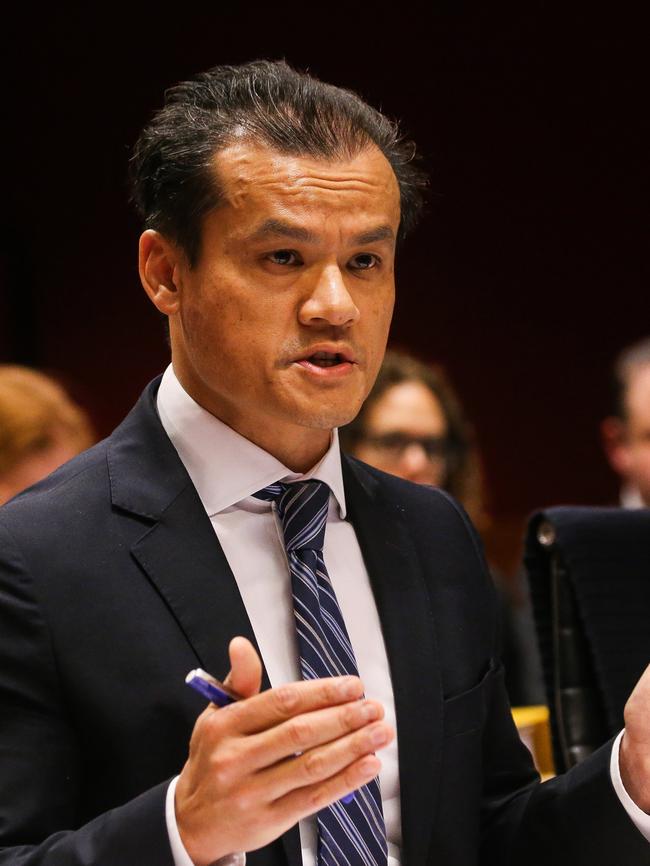
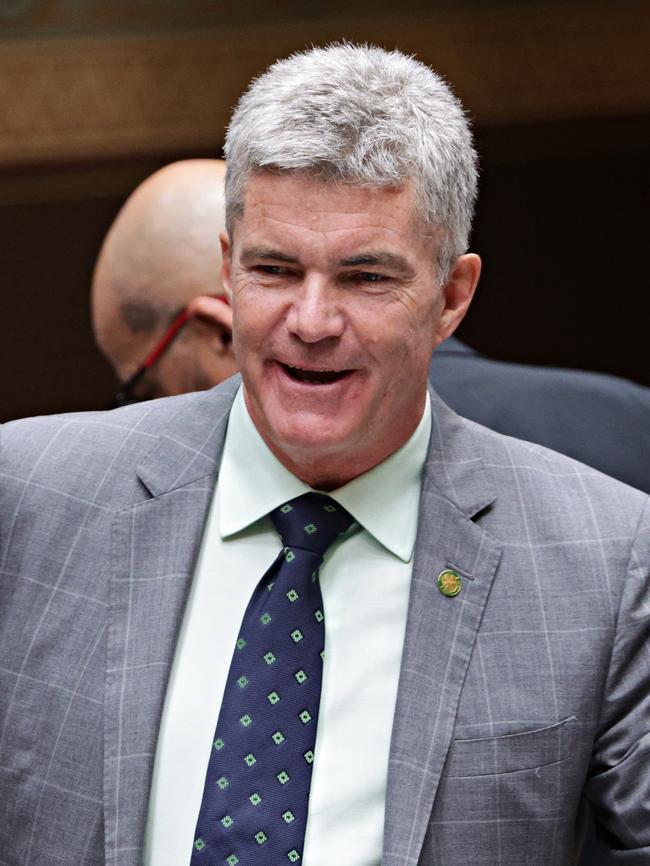
Skills, TAFE and Tertiary Education Minister Steve Whan: C
A minister who flies entirely under the radar. He announced three new TAFE “centres of excellence” and apparently launched a new skills plan.
Gaming and Racing, Aboriginal Affairs and Veterans Minister David Harris: B-
David Harris is still among stakeholders but needs to do more to set tougher boundaries for overzealous regulators.
His cashless gaming trial was a joke when it called for a mandatory government account for anyone playing the pokies – based on the experience of just 14 players.
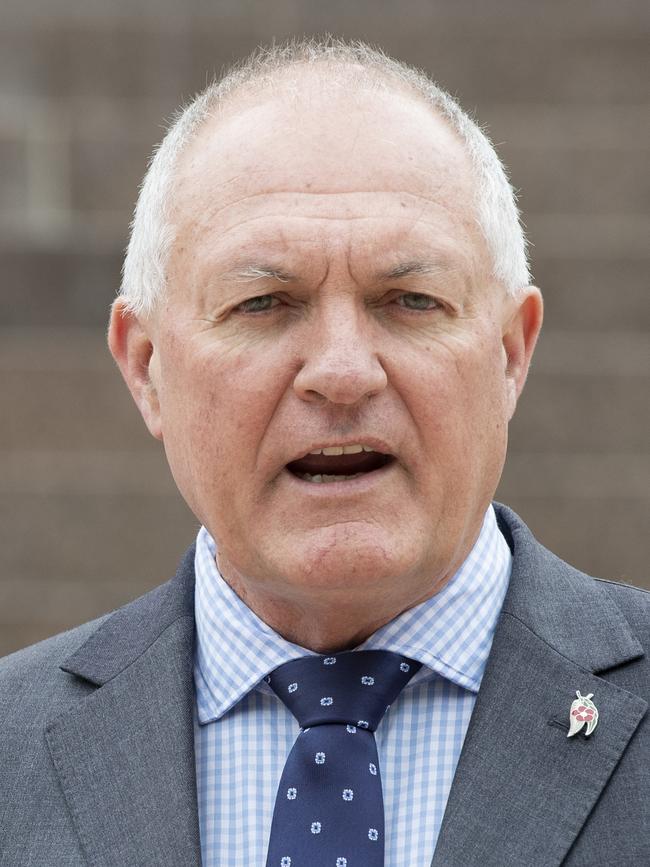
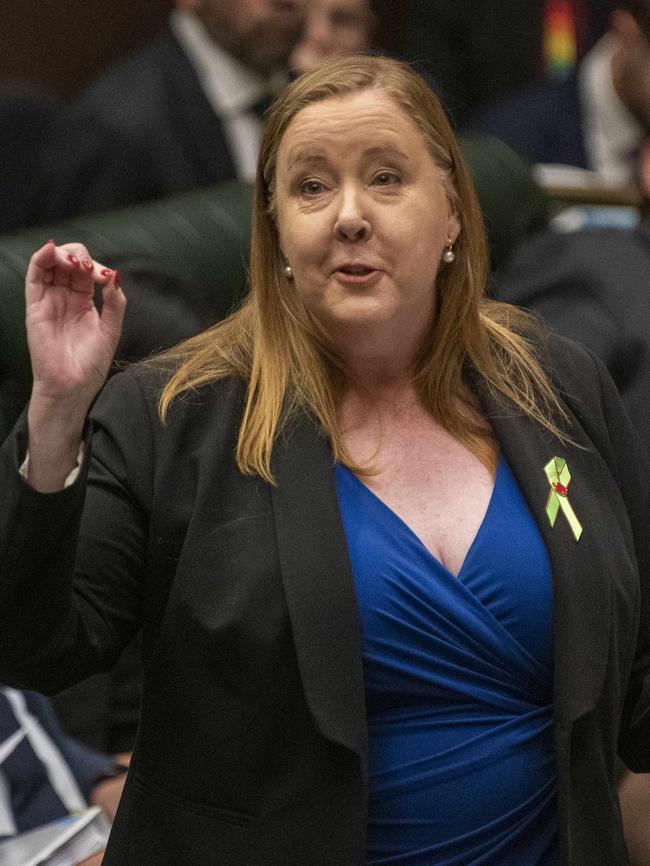
Women, Seniors, Domestic Violence and Sexual Assault Prevention Minister Jodie Harrison: D-
After another year of horrific coward attacks against women, the Minns government has, to its credit, tried to act.
But where has Minister Jodie Harrison been?
This is an advocacy portfolio where big decisions are made by higher ups, but Harrison is rarely seen or heard. She should be doing more.
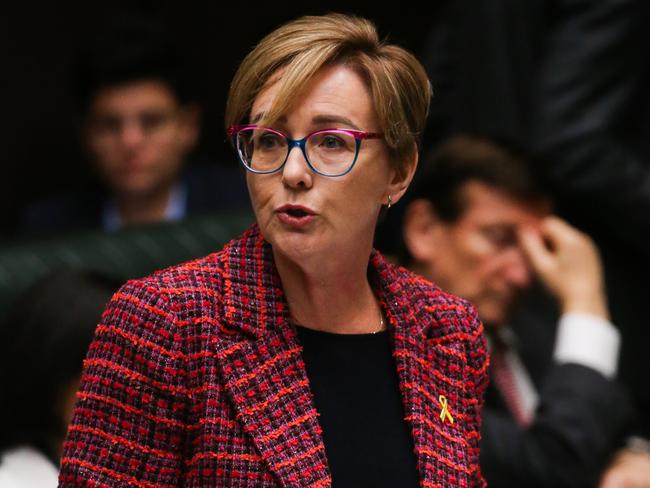
Regional Transport and Roads Minister Jenny Aitchison: B-
Well-liked among colleagues, there are suggestions she should get a bigger portfolio.
She risked angering regional drivers when she announced a trial of average speed cameras in the bush, but she insists the cameras are designed to nab city slickers speeding to holiday hotspots.
Time will tell.
Do you have a story for The Daily Telegraph? Message 0481 056 618 or email tips@dailytelegraph.com.au
More Coverage
Originally published as State government ministers’ 2024 report card: the good, the bad and the invisible





